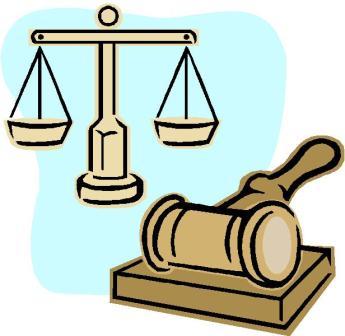NEW DELHI: While the TV networks are paying more attention to election news, the ‘Me Too’ activists have been venting their anger at the Supreme Court. Over the past week, there has been news about the progress of a case of alleged sexual harassment against the Chief Justice of India.
Sexual harassment allegations against India’s chief justice – and his exoneration via an internal committee – have sparked protests across major cities, and may push the country’s top court into a leadership crisis, says an item on Bloomberg.
A panel of three Supreme Court justices last Monday absolved Chief Justice Ranjan Gogoi of sexual misconduct allegations by a former female employee of the court, who cannot be identified under Indian law.
A three-sentence statement released by the Supreme Court said the in-house panel found “no substance” in the allegations and its report “is not liable to be made public”.
The allegations against India’s top judge and the discontent over the ensuing internal inquiry could weaken an important pillar of the world’s largest democracy. India last year saw a wave of #MeToo cases that led to a government minister losing his job.
Last Tuesday and Wednesday, protests by a group of women outside the Supreme Court in New Delhi were interrupted by police, who detained them for a few hours at the police station.
Women took to social media to highlight the heavy-handed approach, sparking calls for protests in other cities such as Hyderabad, Chennai, Bengaluru, Indore, Ahmedabad and Mumbai. The police told demonstrators that protests were not allowed at the venue.
“Today we are facing an unprecedented crisis of credibility vis-a-vis the Supreme Court,” reads a statement by a group of lawyers, activists and organisations who staged the protests.
“In dealing with a complaint of sexual harassment against the Chief Justice, the court has failed to give the complainant a fair hearing.”
The scandal began when the woman went public, alleging two incidents of sexual harassment by Mr Gogoi. She wrote letters to 22 judges of the top court and her allegations were published by four news websites on April 19.
The controversy intensified when the woman walked out of the panel inquiry – held behind closed doors – saying she was not given a fair hearing. She alleged the panel did not let her bring her lawyer and that the proceedings were not recorded.
A notice on the Supreme Court’s website said the panel had followed an in-house procedure.After she walked out, the committee called Mr Gogoi to present his case and did not consider the woman’s evidence, according to reports in local papers citing unnamed court officials.
Last Tuesday, she sought a copy of the report. “I have a right to know how, why and on what basis your lordships have found my complaint to have no substance,” she said in a statement.
Every litigant deserves a fair and transparent procedure, said criminal law expert Rebecca John, who is based in New Delhi.
“These past few weeks have been very traumatic, both as a practitioner of law and as a woman,” she said. “I think institutionally, the Supreme Court let us down.”


